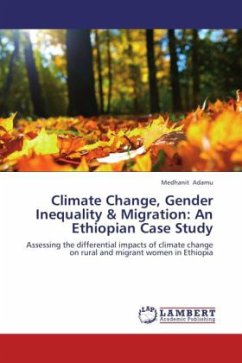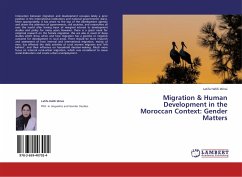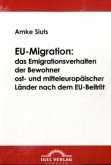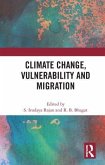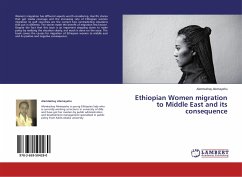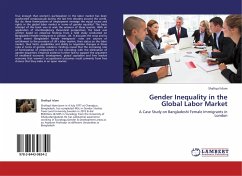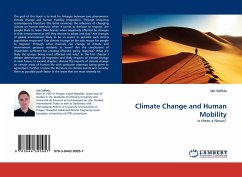Climate change, coupled with its multifaceted characteristics, has been affecting food security, and causing hunger and poverty in Ethiopia. Increasing temperature and rainfall variability have caused drought as the country s agriculture mainly depends on rainfall. It is the poor, the majority who relies on rain-fed agriculture, who shoulder the burden of climate change in the country. Though climate change affects both men and women, rural women are the ones who have been affected severely by climate variability as a result of their status in the social, economic, cultural, religious, political and ecological arenas. Rural women in Ethiopia highly depend on natural resources around them for daily survival. Thus, their reliance on a sector which is susceptible to be affected by climate change makes them more vulnerable to the impacts of climate variability. In addition, gender roles and relations affect their access to resources and decision making processes. Moreover, poverty and population growth have the potential to intensify the impacts of climate change and cause migration. Therefore, the study recommends gender mainstreaming into climate change and development policies.
Bitte wählen Sie Ihr Anliegen aus.
Rechnungen
Retourenschein anfordern
Bestellstatus
Storno

